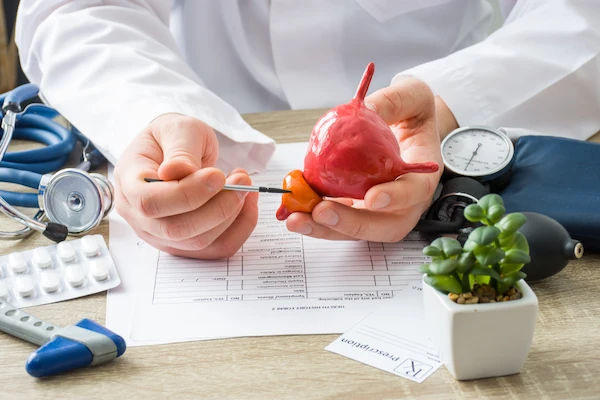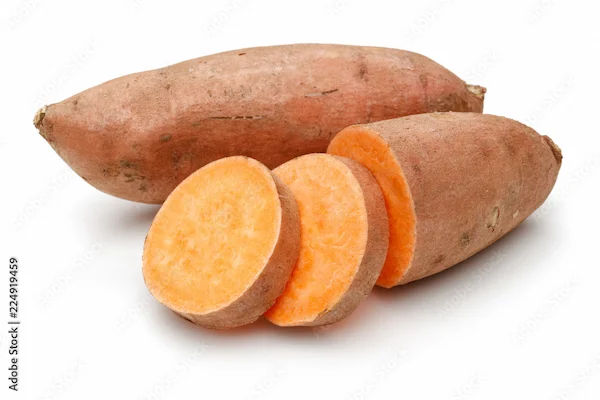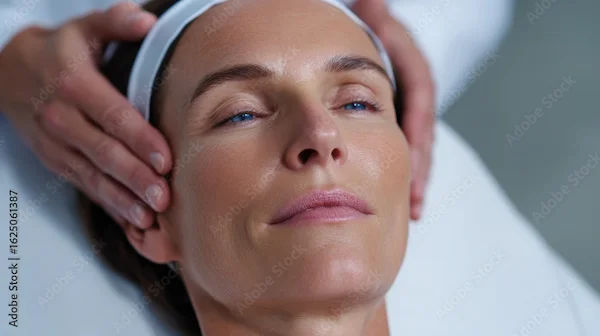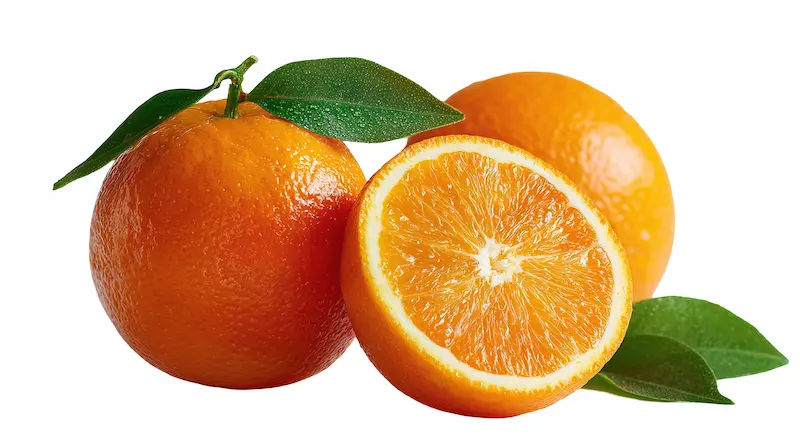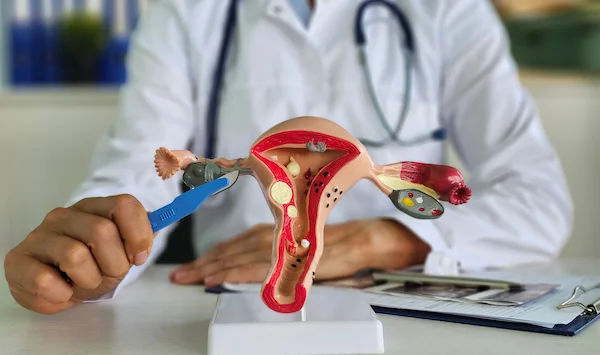Vulvovaginitis in Toddlers: Overview and Care
Learn about vulvovaginitis in toddlers, a common inflammatory condition. This guide covers symptoms, causes, and effective home care strategies to help manage and prevent discomfort.


As a parent, noticing any discomfort or unusual symptoms in your toddler can be worrying. One common but often misunderstood condition in young girls is vulvovaginitis. While it may sound concerning, it is usually mild and manageable with proper care. This article will help you understand what vulvovaginitis is, its causes, symptoms, and how to care for your little one.
What Is Vulvovaginitis?
Vulvovaginitis is an inflammation or irritation of the vulva (the external part of the female genitals) and the vagina. It is one of the most common gynecological issues in young girls, especially between the ages of 2 and 6. Since toddlers have delicate skin and their genital area is still developing, they are more prone to irritation.
Common Causes of Vulvovaginitis in Toddlers
Unlike in adult women, vulvovaginitis in toddlers is rarely due to infections. Instead, it is usually caused by:
1. Poor Hygiene – Not wiping properly after using the toilet can lead to irritation.
2. Soaps and Bubble Baths – Harsh soaps, shampoos, or scented bubble baths can irritate the sensitive skin.
3. Tight Clothing – Synthetic fabrics or tight underwear can trap moisture and cause chafing.
4. Wet or Dirty Diapers – Prolonged exposure to urine or stool can lead to irritation.
5. Scratching or Touching – Toddlers may scratch due to itching, making the irritation worse.
6. Foreign Objects – Sometimes, small objects like tiny toys or toilet paper may get stuck, causing irritation.
Signs and Symptoms to Watch For
If your toddler has vulvovaginitis, she may show:
- Redness, swelling, or soreness around the vaginal area
- Itching or discomfort (your child may keep touching or scratching)
- Vaginal discharge (usually white or yellowish, but not foul-smelling)
- Pain while urinating (due to irritation)
- Occasional spotting (small amounts of blood due to irritation)
If you notice foul-smelling discharge, fever, or severe pain, consult a doctor to rule out infections or other conditions.
Consult an Pediatrician for personalized consultation
How to Care for Your Toddler at Home?
Most cases of vulvovaginitis can be managed with simple home care:
1. Gentle Cleaning
- Use plain water or a mild, fragrance-free soap to clean the area.
- Always wipe front to back to prevent bacteria from spreading.
- Avoid scrubbing—pat dry gently with a soft towel.
2. Avoid Irritants
- Skip bubble baths, scented wipes, or harsh soaps.
- Choose cotton underwear instead of synthetic fabrics.
- Let your child go without underwear for short periods (like during naps) to allow air circulation.
3. Keep the Area Dry
- Change diapers frequently if your toddler is not yet toilettrained.
- After baths or swimming, ensure the area is completely dry.
4. Loose, Comfortable Clothing
- Dress your child in loosefitting cotton clothes to reduce friction.
- Avoid tight leggings or tights that can trap moisture.
5. Encourage Good Toilet Habits
- Teach your toddler to wipe gently and correctly.
- If she complains of pain while peeing, encourage her to drink more water to dilute urine.
When to See a Doctor?
While most cases improve with home care, consult a pediatrician if:
- The redness or swelling worsens
- There is thick, foul smelling, or greenish discharge
- Your child has fever or severe pain
- Symptoms last longer than a week despite home care
In rare cases, a doctor may prescribe a mild steroid cream or check for infections like yeast or bacteria.
Preventing Vulvovaginitis in Toddlers
Prevention is always better than cure. Here’s how you can reduce the risk:
- Teach proper wiping techniques (front to back).
- Use mild, fragrance-free products for baths.
- Avoid tight clothing—opt for breathable fabrics.
- Change wet swimsuits or diapers promptly.
- Encourage regular handwashing to prevent infections.
Final Thoughts
Vulvovaginitis in toddlers is common and usually not serious. With gentle care and hygiene, most children recover quickly. However, if symptoms persist or worsen, don’t hesitate to seek medical advice.
If you're concerned about your child’s symptoms, you can consult a pediatrician online or book an appointment through Apollo 24|7 for expert guidance.
Your little one’s comfort and health matter—stay informed and take gentle care!
Disclaimer: This article is for informational purposes only and not a substitute for professional medical advice. Always consult a healthcare provider for diagnosis and treatment.
Consult an Pediatrician
Consult an Pediatrician

Dr Yaja Jebaying
Paediatric Gastroenterologist
9 Years • MBBS, MD PEDIATRICS, FELLOWSHIP PEDIATRIC GASTROENTEROLOGY AND HEPATOLOGY AND LIVER TRANSPLANTATION
Delhi
Apollo Hospitals Indraprastha, Delhi
(25+ Patients)

Dr. Viswateja Chitturi
Paediatrician
11 Years • MD, FNB(PICU). FNB Pediatric Critical Care- November 2020 Dr.Mehtas multi-specilaity hospitals pvt.limited, Chennai National Board of Examinations, New Delhi. M.D.(Pediatrics)-July 2016 NRI Medical College, Guntur, NTR University of Health Sciences, Vijayawada. MBBS - March 2011 GSL Medical College, Rajahmundry. NTR University of Health Sciences, Vijayawada.
Chinagadila
Apollo Hospitals Health City Unit, Chinagadila

Dr. Ch. Sanyasi Naidu
Paediatrician
8 Years • Dch DNB 1. MBBS (Andhra Medical college, Visakhapatnam) 2. Dch (Kasturba medical college, manipal) 3. DNB (National board of examination, New Delhi.
Chinagadila
Apollo Hospitals Health City Unit, Chinagadila
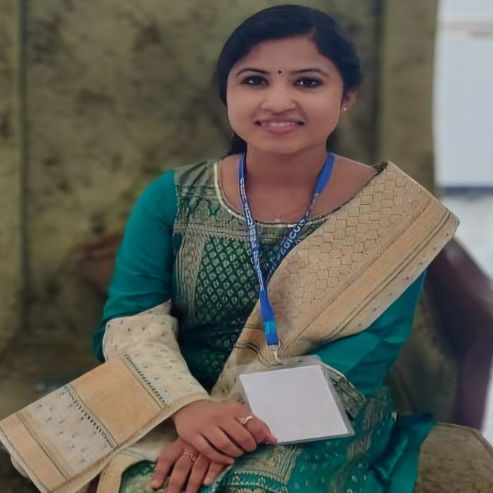
Dr. Maitreyee Mallick
Paediatrician
7 Years • MBBS, MD (Paed.)
Bansdroni
Siddhita Healthcare., Bansdroni
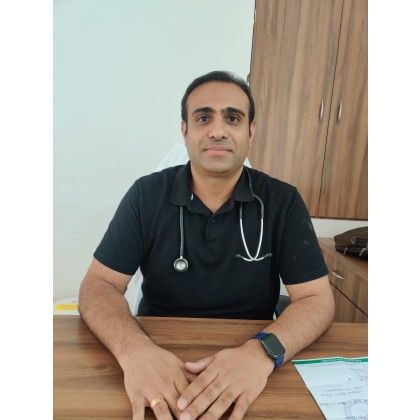
Dr. Dinesh Kumar Chandak
Paediatrician
12 Years • MBBS,MD PAEDIATRICS
Barasat
Diab-Eat-Ease, Barasat
(50+ Patients)
Consult an Pediatrician for personalized consultation

Dr Yaja Jebaying
Paediatric Gastroenterologist
9 Years • MBBS, MD PEDIATRICS, FELLOWSHIP PEDIATRIC GASTROENTEROLOGY AND HEPATOLOGY AND LIVER TRANSPLANTATION
Delhi
Apollo Hospitals Indraprastha, Delhi
(25+ Patients)

Dr. Viswateja Chitturi
Paediatrician
11 Years • MD, FNB(PICU). FNB Pediatric Critical Care- November 2020 Dr.Mehtas multi-specilaity hospitals pvt.limited, Chennai National Board of Examinations, New Delhi. M.D.(Pediatrics)-July 2016 NRI Medical College, Guntur, NTR University of Health Sciences, Vijayawada. MBBS - March 2011 GSL Medical College, Rajahmundry. NTR University of Health Sciences, Vijayawada.
Chinagadila
Apollo Hospitals Health City Unit, Chinagadila

Dr. Ch. Sanyasi Naidu
Paediatrician
8 Years • Dch DNB 1. MBBS (Andhra Medical college, Visakhapatnam) 2. Dch (Kasturba medical college, manipal) 3. DNB (National board of examination, New Delhi.
Chinagadila
Apollo Hospitals Health City Unit, Chinagadila

Dr. Maitreyee Mallick
Paediatrician
7 Years • MBBS, MD (Paed.)
Bansdroni
Siddhita Healthcare., Bansdroni

Dr. Dinesh Kumar Chandak
Paediatrician
12 Years • MBBS,MD PAEDIATRICS
Barasat
Diab-Eat-Ease, Barasat
(50+ Patients)
